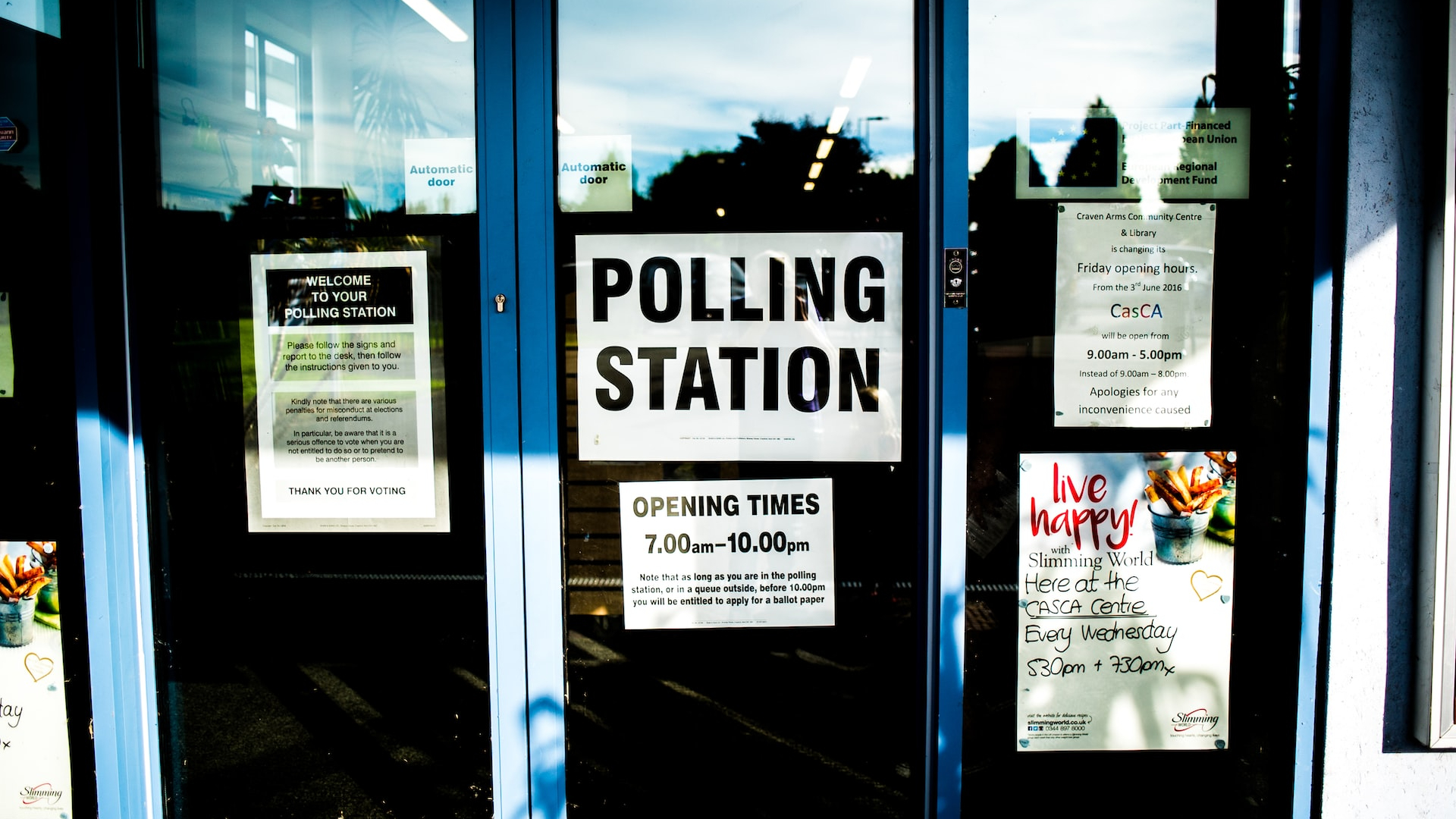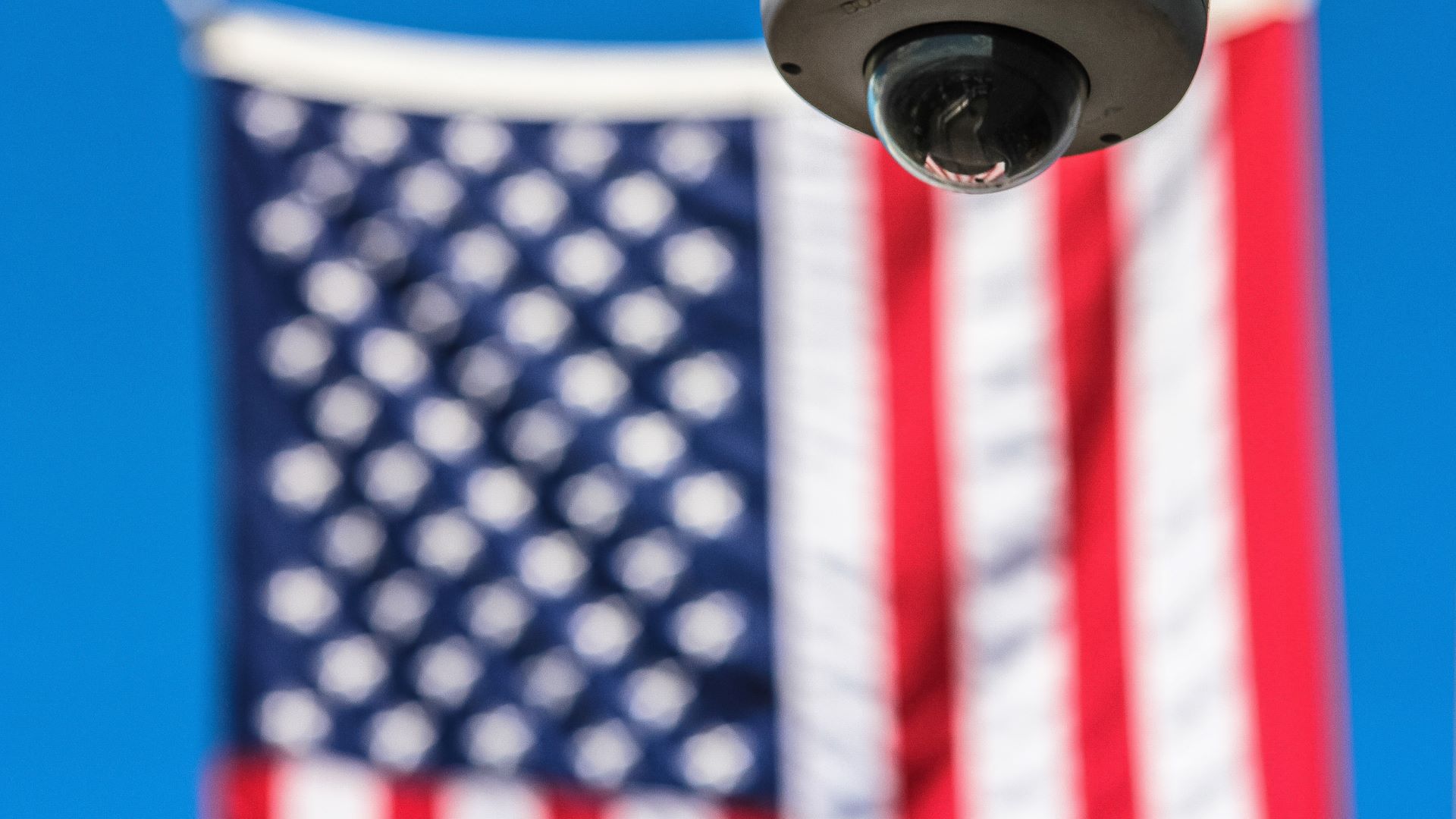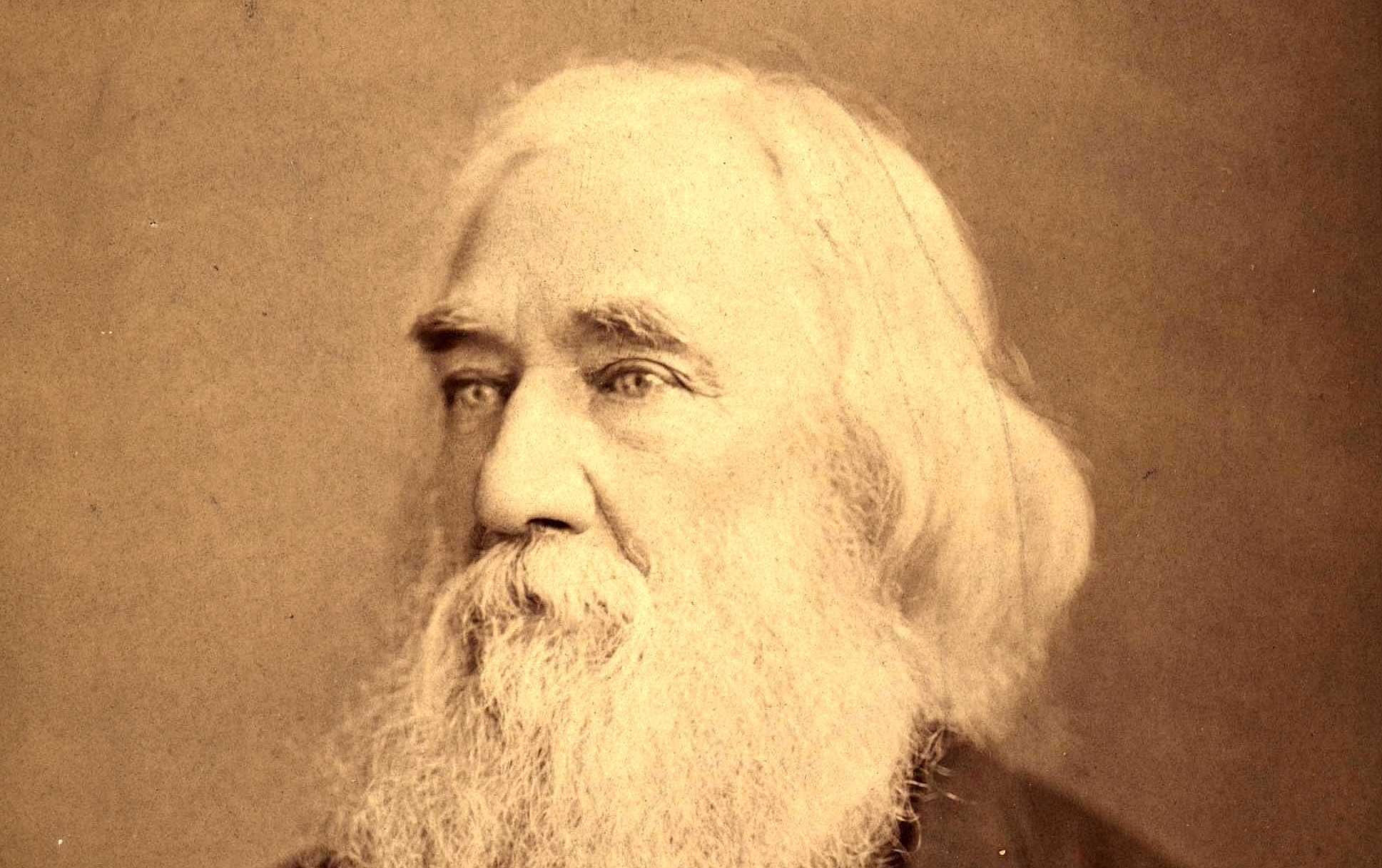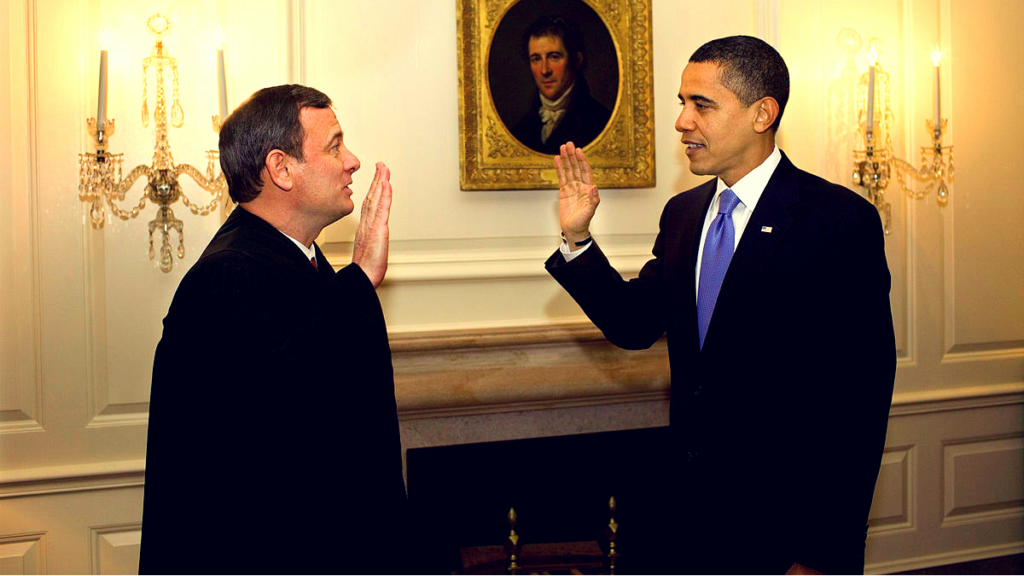Tag: constitution


Meet the fearless middle schooler who dared to wear the Gadsden flag in class
December 13, 2023 | Post
In late August 2023, middle schooler, Jaiden Rodriguez, was removed from class over a Gadsden flag patch on his backpack.
This was in defiance of the First Amendment’s protection of free speech, which has long been deemed fully applicable to publicly funded schools by the U.S. Supreme Court.
But First Amendment rights did not mean this was the end of the story.

Justin Amash: exposing America’s broken political system
November 8, 2023 | Post
A former U.S. Representative for Michigan’s 3rd congressional district, Justin Amash stood out for his commitment to upholding the Constitution and pro-liberty principles.
One of the most compelling aspects of Justin Amash’s political journey lies in his unapologetic exposure of the deeply flawed political system he witnessed firsthand.

280 years later, here’s how Thomas Jefferson is still shaping our society
April 13, 2023 | Post
As we commemorate Thomas Jefferson’s 273rd birthday (he was born on April 13th, 1743) we could certainly remember him for more than one accomplishment. But one contribution in particular really does stand out.

The libertarian position on gay marriage: a matter of expression?
December 15, 2022 | Post
While it would be unfair to say that libertarians hold some kind of monopoly over the fight for gay marriage, but there is no denying the great contribution made by libertarian logic to this movement. Marriage is individual expression; it is not the faculty of anyone else to restrict it.

Why democracy is good for liberty
September 15, 2022 | Post
There is a growing tendency among libertarians to attack the concept of democracy, and blame it for America’s problems. But this is reckless: we need to address the issues within our system and provide alternatives instead of burning the entire thing down.

The U.S. Constitution and the right to privacy
May 17, 2022 | Post
The right to privacy and freedom of contract are not explicitly mentioned in the Constitution but are essential to our personal privacy and dignity

Legends of Liberty: Lysander Spooner
November 18, 2021 | Post
As we witnessed during the 2020 election season, and as we are sure to witness during the upcoming holiday season, the United States Postal Service doesn’t exactly instill confidence.

Reddit AMA with Professor Ilya Somin of George Mason University
September 12, 2017 | Post
Ilya Somin is Professor of Law at George Mason University. His research focuses on constitutional law, property law, and the study of popular political participation.

Highlights from our Reddit AMA with Professor Sarah Burns
May 19, 2017 | Post
Did you miss our recent Reddit AMA with Professor Sarah Burns of RIT’s political science department? You can find the whole conversation here, or check out some of the highlights below. Dr. Burns is a regular contributor to the Learn Liberty Blog, and starred in our series on America’s Founding. Adama82 Hi, thanks for […]

What should we think about anti-protesting laws?
April 9, 2017 | Post
17 states have anti-protesting bills in the works. This is unconstitutional and antithetical to the principles of freedom.

How birthright citizenship made America great
March 19, 2017 | Post
Birthright citizenship aids both the assimilation and acceptance of immigrants and is largely responsible for our successful history of economic and cultural integration.

Obama’s constitutional legacy
January 27, 2017 | Post
Obama deserves credit for helping to push the struggle for same-sex marriage to a successful conclusion, for appointing some highly capable judges (despite flaws in their judicial philosophy), and for causing the Supreme Court to establish some valuable precedents protecting federalism, property rights, and religious freedom (albeit, often unintentionally). On the other hand, we may well have occasion to rue his overly expansive approach to executive power, particularly when it comes to initiating wars without congressional authorization.

Trump's order on sanctuary cities is dangerous and unconstitutional
January 26, 2017 | Post
Trump’s executive order is exactly the kind of high-handed coercion of states that outraged conservatives under Obama.

Trump inherits a super-powered presidency.
December 25, 2016 | Post
Now that the Electoral College has made Trump’s 2016 win final, this a good time to start thinking about what powers he will have when he comes into office in January.

It’s Your Right to Burn the Flag
December 23, 2016 | Post
The Founders understood the incentive faced by Congress and the president to exceed the constitutional limits on their power.

The Legacy of President Obama's Pardon Power
October 3, 2016 | Post
So far, in 2016, he has granted 493. Consequently, the President’s current total for commutations (673 – almost all for drug offenders) is greater than that of several of his predecessors combined and more than any single president has granted since Calvin Coolidge.

Know Your (Bill of) Rights
February 18, 2016 | Post
Did you know that the Bill of Rights is the first ten amendments to the Constitution? Okay, maybe you did. But can you name all the amendments, and what they protect? You’re probably familiar with the First, Second, and Fifth Amendments, which are commonly referenced and protect free speech, the right to bear arms, and […]

Trivia: What does it mean to plead the Fifth?
January 14, 2016 | Post
You’ve probably heard the people use the phrase “I plead the Fifth,” either on television or when people, jokingly, don’t want to answer a question. You might not know that this is referring directly to

